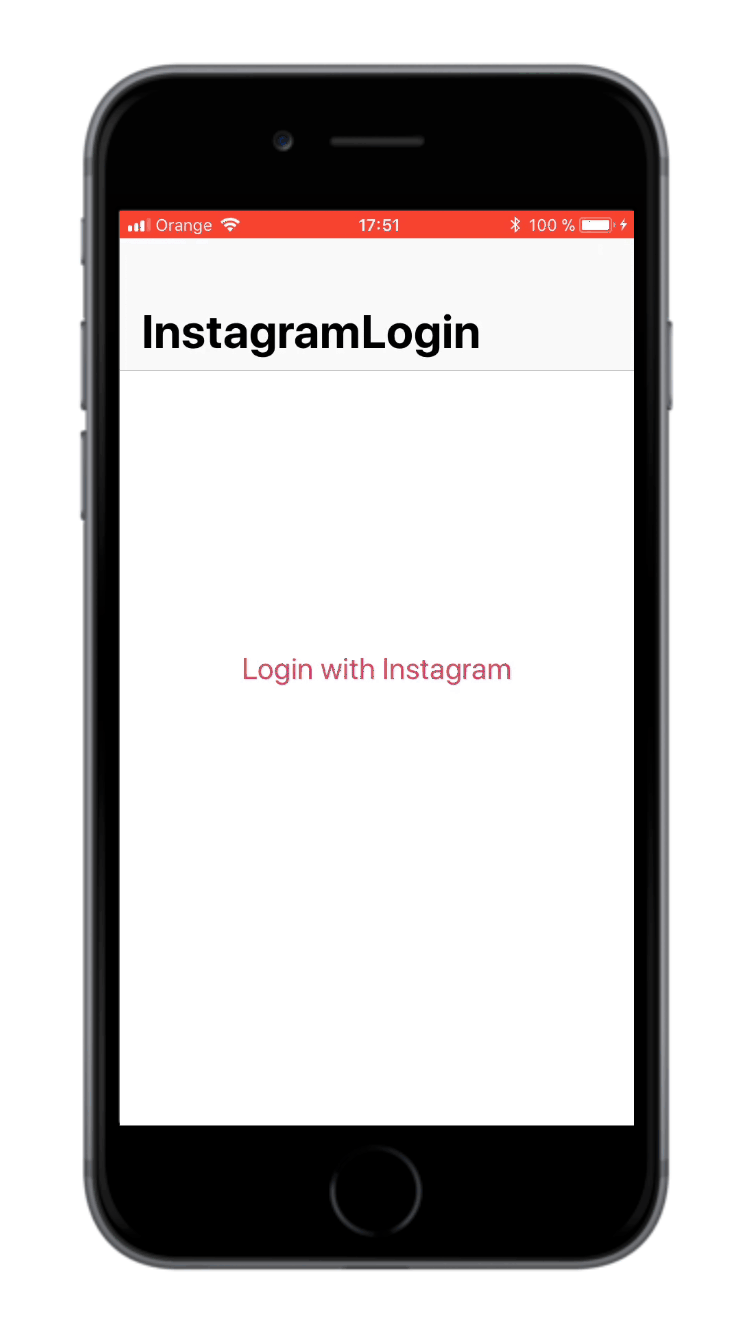FCLAuthSwift
FCLAuthSwift is a Swift library for the Flow Client Library (FCL) that enables Flow wallet authentication on iOS devices.
Demo
The demo app in this project shows how to use FCL inside an iOS app.
Installation
dependencies: [
.package(url: "https://github.com/zed-io/fcl-auth-swift.git", from: "0.0.5-beta")
]
Configuration
You will need to configure your app information before using the authentication library.
FCLAuthSwift ships with several built-in wallet providers (Dapper, Blocto), but you can also define custom wallet providers if needed.
import FCLAuthSwift
// optional: define a custom wallet provider
let provider = FCLWalletProvider(
id: "foo",
name: "bar",
method: .httpPost,
endpoint: URL(string: "https://foo.com/api/")!
)
fcl.config(
appInfo: FCLAppInfo(
title: "FCL iOS Demo",
icon: URL(string: "https://foo.com/bar.png")!
),
// default providers are [.dapper, .blocto]
providers: [.dapper, .blocto, .custom(provider)]
)
Authenticate
fcl.authenticate(provider: .dapper) { result in
switch result {
case let .success(data):
print(data.address)
case let .failure(error):
print(error)
}
}
The data variable is of type FCLAuthnResponse, which contains the user's wallet address:
public struct FCLAuthnResponse {
public let address: String
}
Delegate
The authentication library has an optional delegate to handle custom events or settings.
fcl.delegate = self
public protocol FCLAuthDelegate {
// Show loading while waiting for network response
func showLoading()
// Hide loading when API call is completed
func hideLoading()
}
extension FCLAuthDelegate {
// Configure which place to show authentication webview
// The default value is ASPresentationAnchor()
func presentationAnchor() -> UIWindow {
return ASPresentationAnchor()
}
}




